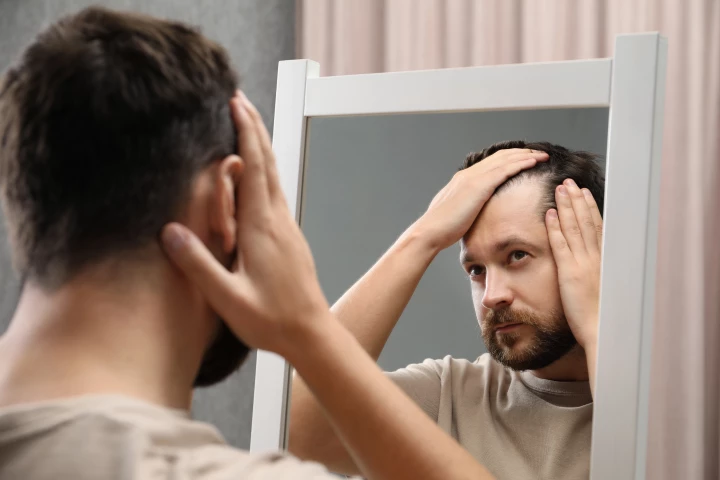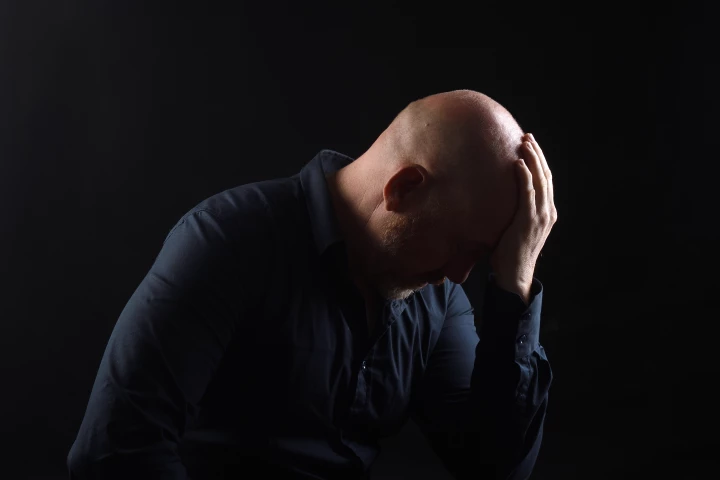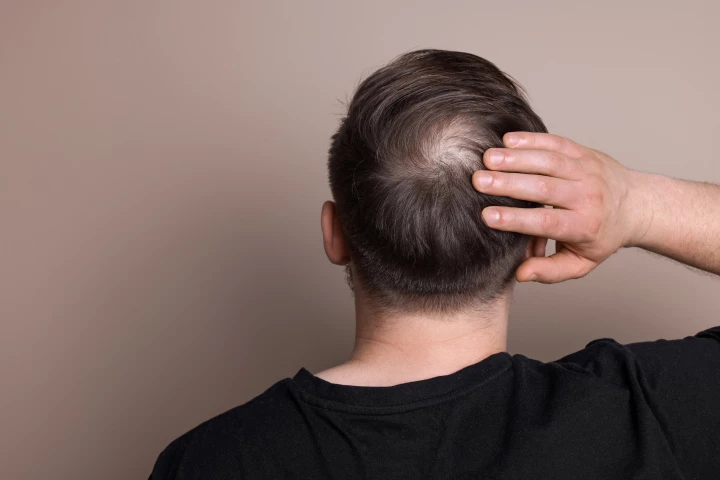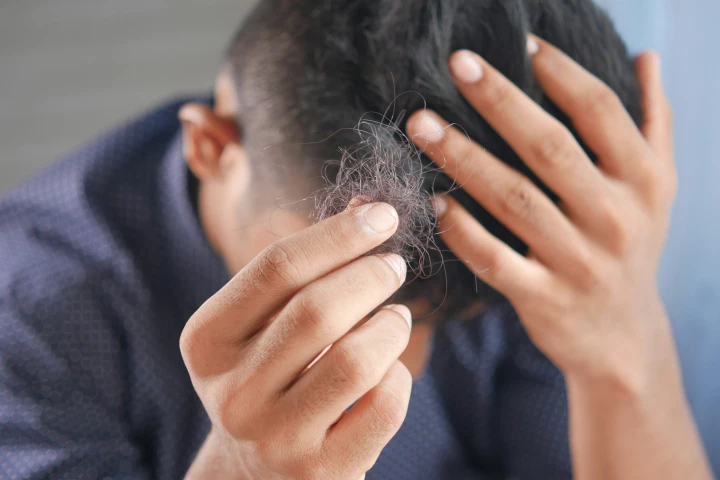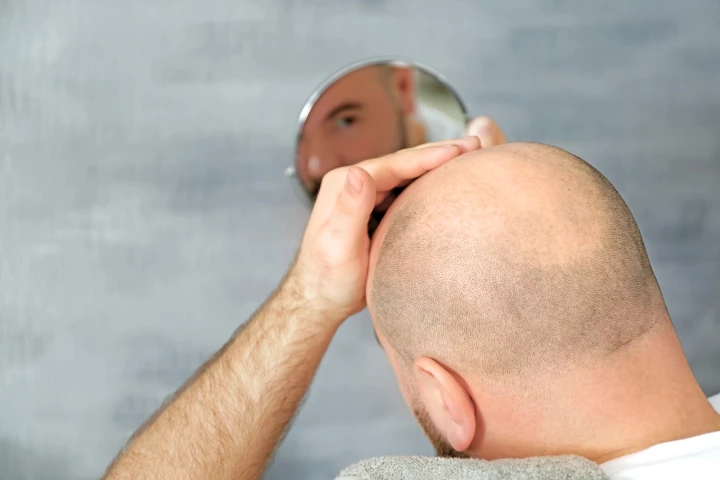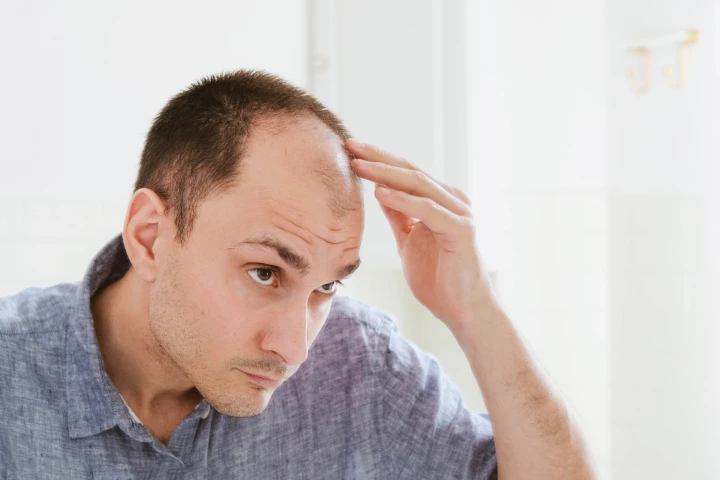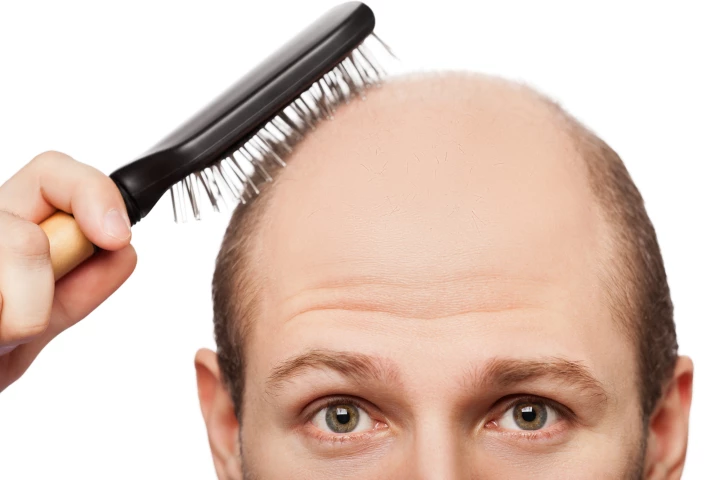Baldness
-
A surprising trigger for hair regrowth may lie in the body’s fat cells. Researchers have shown that mild skin irritation can trigger fat cells to go into panic mode, sending signals to dormant follicles that can fuel new hair growth within weeks.
-
A new review reveals finasteride users face higher risks of depression, anxiety, and suicidal thoughts. Concerns about the drug's underreported mental health side effects prompt calls for stricter regulation.
-
A new oral drug may become the first prescription pill specifically designed to regrow hair in both women and men – and without the cardiac risks. Currently in Phase 3 trials, it could be the first new treatment for pattern hair loss in nearly 30 years
-
While the topical application of minoxidil is one of the most effective and popular ways to combat male pattern baldness, it is poorly absorbed by the skin. Looking to improve its efficacy, researchers have turned to an unlikely but very sweet ally.
-
We're one step closer to that elusive goal preventing hair loss and enabling new growth, as scientists identify the crucial role that one all-important protein has in protecting the hard-working cells on the production line.
-
As the new year arrives, many will consider going on a diet to shed holiday weight. One popular approach might be intermittent fasting, but a new study says you might want to think twice if having a full head of hair is important to you.
-
In good news for nearly half the world's men, scientists have found that a naturally occurring sugar in humans and animals can be harnessed as a an effective topical gel for baldness. It sets it up as an inexpensive and safer alternative to minoxidil.
-
A surprise result in a lab experiment has led to the discovery of an ancient biological stress pathway that triggers cells to stop making what's needed to grow hair. Blocking this process could protect follicles from this process and prevent hair loss.
-
Scientists at Harvard have developed a promising new treatment to reverse hair loss associated with alopecia. Painless microneedle patches loaded with an immune regulating drug regrew hair in mice with alopecia within a few weeks.
-
A component of the aromatic spice cinnamon has encouraged hair follicles to sprout in the lab, and now researchers have set their sights on using it to develop a novel treatment that could reverse hair loss through the use of natural compounds.
-
A gel of tiny keratin spheres has been found to promote hair follicle growth. Given that our bodies naturally produce keratin, the research highlights the potential application of using keratin microspheres as a safe and effective hair-growth treatment.
-
A new study has identified rare genetic variants associated with male pattern hair loss. In addition to increasing our understanding of the condition, the findings may pave the way for personalized therapies.
Load More
